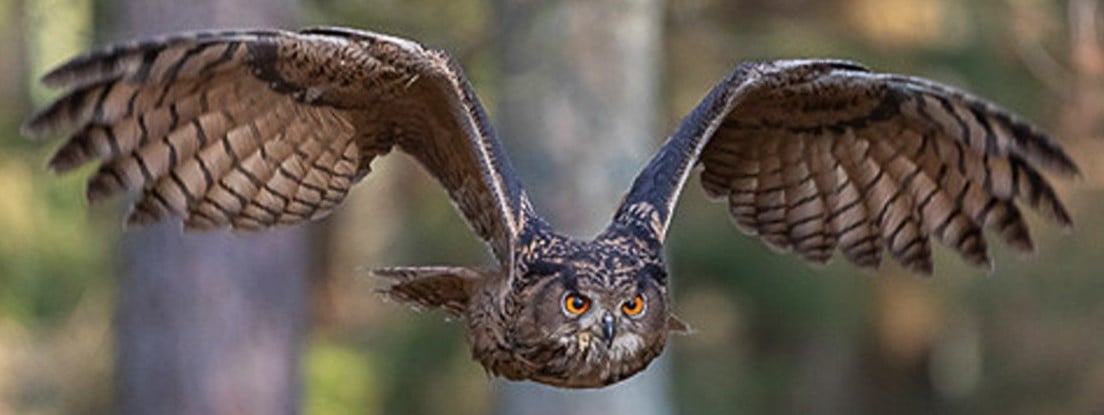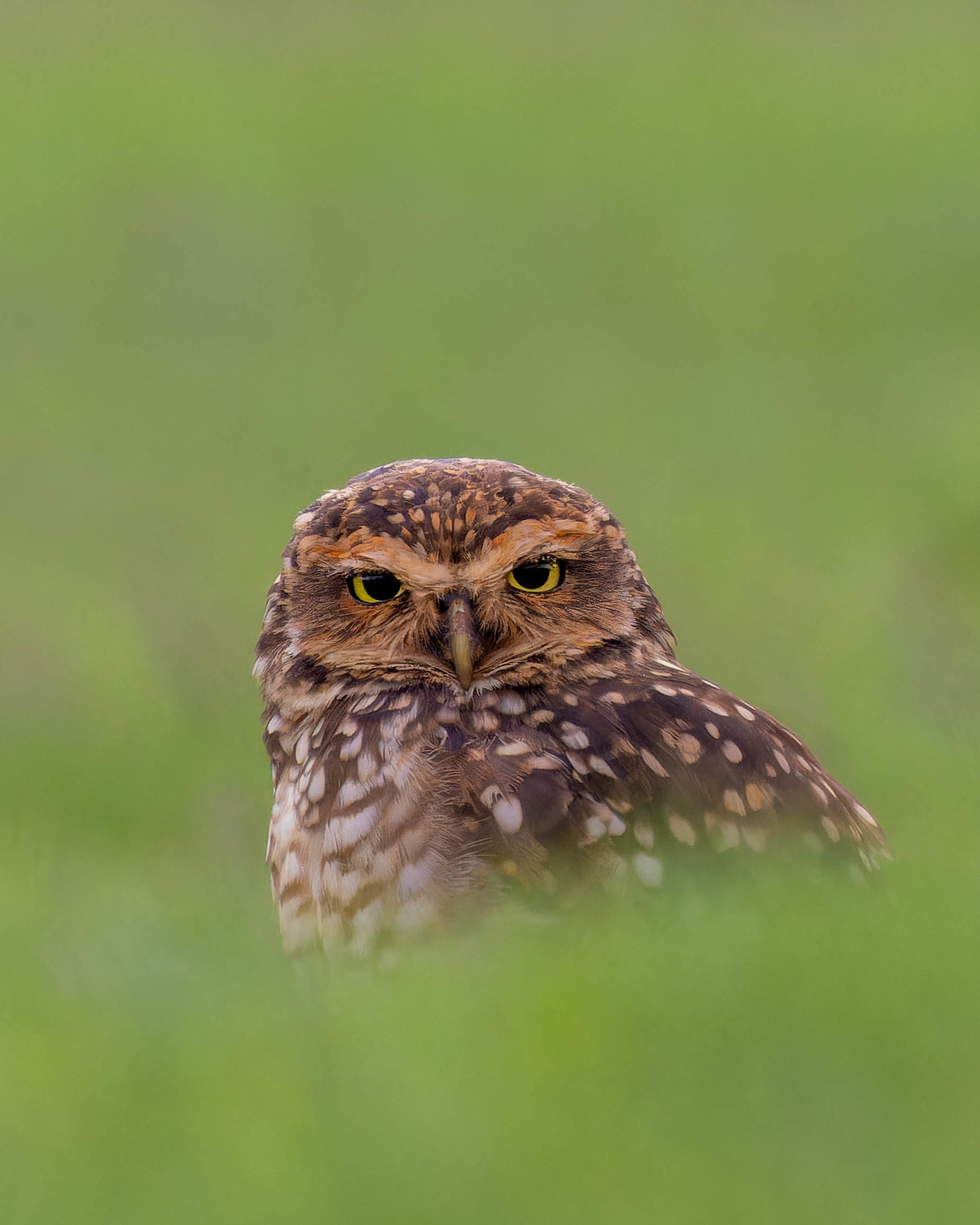Superbowl
For owls that are superb.

US Wild Animal Rescue Database: Animal Help Now
International Wildlife Rescues: RescueShelter.com
Australia Rescue Help: WIRES
Germany-Austria-Switzerland-Italy Wild Bird Rescue: wildvogelhilfe.org
If you find an injured owl:
Note your exact location so the owl can be released back where it came from. Contact a licensed wildlife rehabilitation specialist to get correct advice and immediate assistance.
Minimize stress for the owl. If you can catch it, toss a towel or sweater over it and get it in a cardboard box or pet carrier. It should have room to be comfortable but not so much it can panic and injure itself. If you can’t catch it, keep people and animals away until help can come.
Do not give food or water! If you feed them the wrong thing or give them water improperly, you can accidentally kill them. It can also cause problems if they require anesthesia once help arrives, complicating procedures and costing valuable time.
If it is a baby owl, and it looks safe and uninjured, leave it be. Time on the ground is part of their growing up. They can fly to some extent and climb trees. If animals or people are nearby, put it up on a branch so it’s safe. If it’s injured, follow the above advice.
For more detailed help, see the OwlPages Rescue page.
view the rest of the comments

I like it struck a nice pose for you! 😁
It was very accommodating
I've seen them called "Howdy Owls" due to their apparent curiosity when people come by. They like to check out who's by the burrow.
I only got to see one captive one, and it most definitely was not giving me a friendly face. 😅
A quick look made it sound like the area you were in was a bit different than OP, so if you didn't see I posted a subspecies guide to ID what variety of Burrow Owl you saw, give that a look. Yours looks less brownish than theirs.
Interesting! Reading through them I wonder if mine was A. c. cunicularia
I think that is a good candidate for sure. Can't see the spotting or barring too well, but the back (dorsum) spots and especially the belly (ventrum) are very white. Pantanal looks to be right in line between Bolivia and the state of Rio Grande do Sul.
A. c. juninensis is maybe possible, especially if that belly is all white, but that seems to be a bit west of the Pantanal area.
Found this page which has a photo or 2 of each subspecies.
This was really fun for me, I've never dived down into investigating subspecies before this, and it's cool to see how different they can be from each other. This is why I love you guys sharing stuff as it gets me to think about things that haven't gotten on my radar!